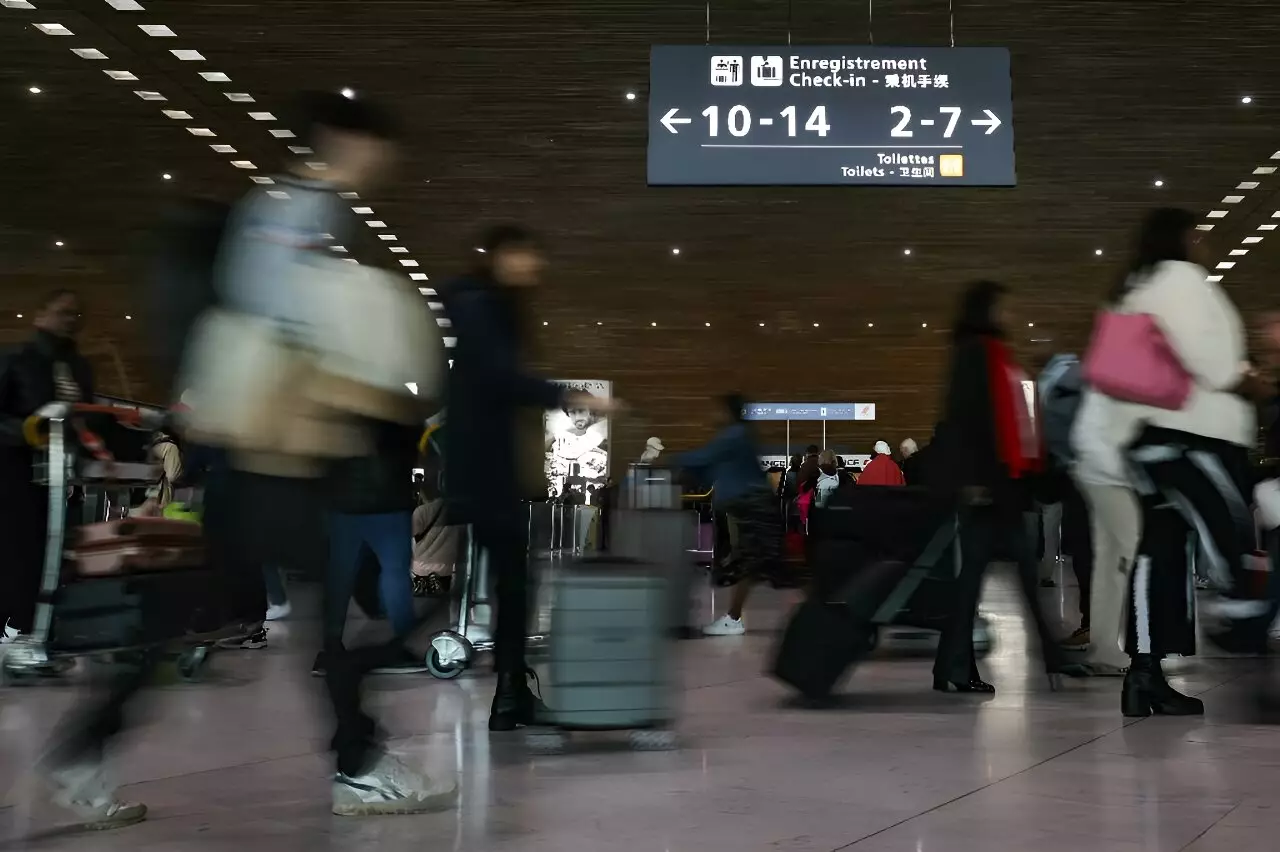The aviation industry is experiencing a significant transformation with the integration of artificial intelligence (AI). While the idea of fully automated flights without human pilots may still be a distant reality, the adoption of AI technology is already reshaping the way airlines operate. Experts in the field suggest that data and AI have become powerful tools for airlines to enhance productivity and gain a competitive advantage in the market.
According to Julie Pozzi, the head of data science and AI at Air France-KLM, AI is a game-changer for the aviation sector. With the implementation of more than 40 projects utilizing generative artificial intelligence, airlines are leveraging AI to improve customer service and operational efficiency. Air France-KLM’s upcoming tool that responds to customers in 85 different languages is a prime example of how AI is being used to enhance the passenger experience.
In addition to airlines, airport operators are also embracing AI technology to streamline their processes. Groupe ADP has launched initiatives in collaboration with startups such as Allobrain, which uses voice recognition to handle phone calls effectively. By reducing the number of unanswered calls from 50 percent to 10 percent, AI is proving to be a valuable asset in improving customer service at airports. Furthermore, the use of AI in real-time surveillance images by companies like Wintics is helping to optimize drop-off areas and shuttle rotations, ultimately reducing wait times for passengers.
As air travel continues to grow, the aviation industry faces challenges in managing increased passenger traffic and limited space. Jerome Bouchard, an aerospace expert, highlights the importance of enhancing airport security through technologies like facial recognition. However, he emphasizes that effective implementation requires extensive coordination and data synchronization, which are currently lacking in the industry. Despite the potential benefits of AI in improving operational efficiency, human decision-making remains crucial, especially when it comes to piloting aircraft.
While AI has significantly enhanced data analysis and operational processes in the aviation industry, experts agree that human intervention is still essential in critical decision-making tasks. As technology continues to advance, the integration of AI in aviation is set to create new opportunities for airlines and airports to innovate and adapt to the changing landscape of the industry. With ongoing developments and collaborations between industry players and technology providers, the future of AI in aviation looks promising, offering exciting possibilities for improved efficiency and passenger experience.


Leave a Reply